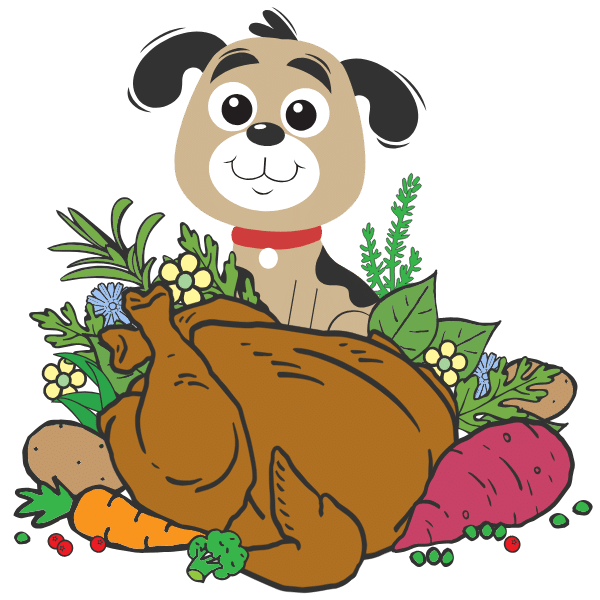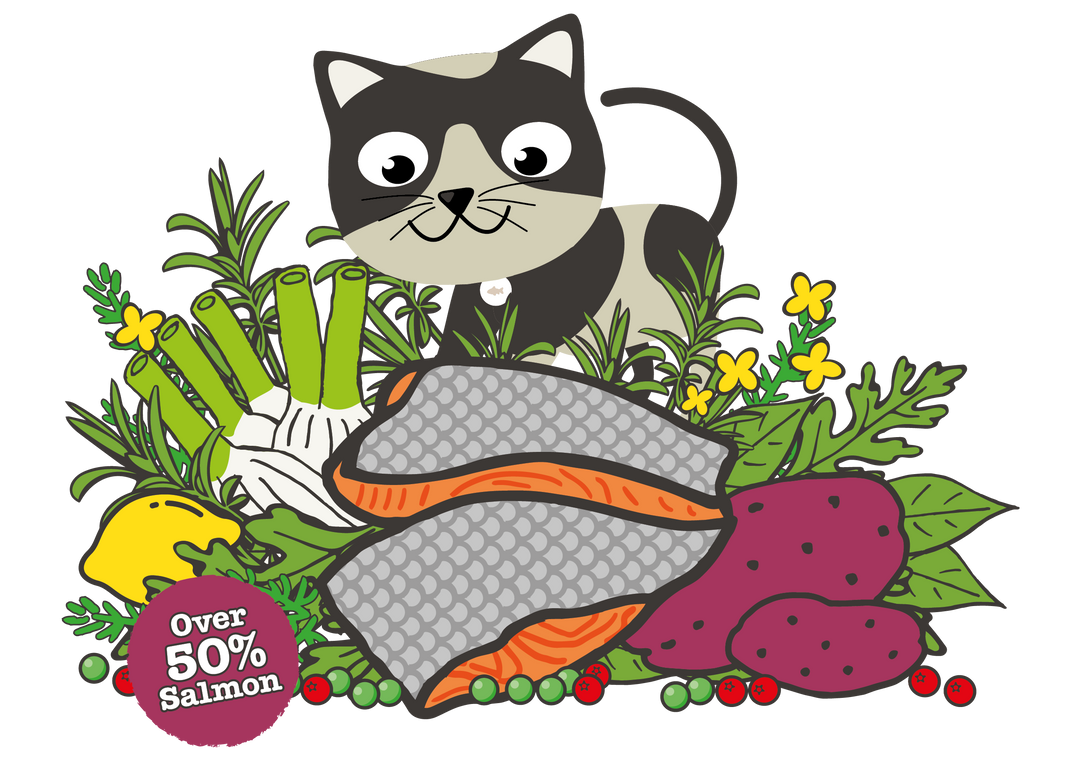Transforming Kidney Disease Management in Pets: The Critical Role of Tailored Nutrition
We are frequently asked to suggest a diet from our range to support dogs or cats with kidney disease. While there are several options, it is important to appreciate the main principles behind any dietary intervention for renal problems, in order to assist in choosing the best for any one individual.
Renal (kidney) disease is always well advanced before the veterinary blood/urine tests can detect it, so all cases, even so-called ‘mild/early’ cases, are already significantly compromised. Over the last 20 years vets have developed diets which are capable of tripling life expectancy for these patients! That is absolutely stunning and is the reason pet owners should work closely with their vet to tailor the diet to their own pet’s condition.
The prescription diets which have been developed vary in their content and palatability but all have two main similarities: they are restricted in protein levels and they are very limited in the amount of phosphate delivered per meal. These two factors combine to give the tremendous results which can be achieved. It would be wrong of us to suggest therefore that any of our range should be first choice for any renal patient.
The Little Big paw range is very palatable and that is definitely a plus, so if a pet refuses to transition onto a specific prescription kidney diet then Little BigPaw is a good second choice. If your pet refuses the vet diet, you can ask your vet for a phosphate binder, which can be added to Little BigPaw to limit the level of phosphate absorbed. Your vet will be able to do blood tests to check it is effective and that the dose is correct for your pet. Frankly, we do not know exactly how effective such a compromise will be compared to the veterinary prescription tried-and-tested diets but needs must sometimes!
All kidney patients must have free access to clean water at all times and indeed some do better on wet foods rather than dried, simply because they maintain better hydration levels that way. Each pet will differ in thirst levels but most are thirstier than normal because of their illness. Quality of life and indeed life expectancy for renal patients is dramatically affected by nutrition, so please do keep an open channel of communication with your vet on these cases.”
As always we recommend speaking to your vet for advice on special diets and to understand what is the right choice for your dog and their individual needs.




